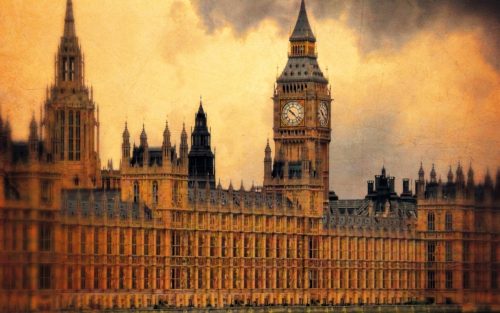25th November 2019
With less than three weeks until the general election on 12 December, most of the main UK political parties have now published their manifestos. Though much of the political debate has been dominated by Brexit, drug policy reform is also addressed by a number of the main parties. We’ve gone through the manifestos to highlight where those parties stand on drug policy.
Not all parties have released their manifestos at the time of posting, we will update this blog as the final manifestos are released, so please check back.
General election 2019:
Where the parties stand on drug policy
On pages 18 and 19 of their manifesto, the Conservative Party commits to:
- Tackling drug-related crime
- Taking a ‘new approach’ to drug treatment to reduce drug deaths and break the cycle of crime linked to addiction
- Strengthen the National Crime Agency so it can tackle the threat of county lines
Drug policy is discussed on pages 34, 35, 44 and 46 of the Labour manifesto. It commits to:
- Establishing a Royal Commission to develop a public health approach to substance misuse, focusing on harm reduction rather than criminalisation
- Addressing drug-related deaths as a public health issue
- Progressing the prescription of medical cannabis
- Addressing drug-related deaths as a matter of public health, treated accordingly in expanded addiction-support services
The manifesto also states that prison is not the best place to address drug addictions
Pages 66-7 of the Green Party manifesto contain a section called ‘Ending the war on drugs’. It commits to:
- Legally regulating production, import and supply of all drugs
- Making problematic drug use a health issue not a criminal justice issue
- Repealing the Misuse of Drugs Act 1971 and the Psychoactive Substances Act 2016
- Pardoning and erasing the criminal records of all individuals previously convicted for possession and small-scale supply of drugs
- Introducing safe drug consumption rooms and heroin assisted therapy
- Making cannabis available for sale to adults from licensed businesses
- Allowing licensed Cannabis Social Clubs
- Regulating access for adults to stimulant and psychedelic drugs
- Banning commercial advertising of alcohol (and all other drugs)
- Setting up an independent statutory body, the Advisory Council for Drug Safety
The Liberal Democrat manifesto discusses drug policy on pages 61, 71, 75 and 83. It commits to:
- Transferring responsibility for drug policy from the Home Office to the Department of Health
- Investing in more addiction services and support for drug users
- Diverting people arrested for possession of drugs for personal use into treatment, imposing civil penalties rather than imprisonment
- Introducing a legally regulated cannabis market
- Introducing limits on cannabis potency levels and permitting cannabis to be sold through licensed outlets to adults over the age of 18
- Ending prison sentences for the posession of drugs for personal use
- Including the Scottish and Welsh health and education departments in UK policy making on drugs
Plaid Cymru discuss drug policy on p. 36 of their manifesto. They commit to:
- Focusing services on the people with drug dependency and seeking to address underlying causes of their drug misuse via Checkpoint Cymru
- Calling for a National Commission on reforming drug law
The manifesto also talks about the benefits of Portuguese-style decriminalisation, although this is not expressly called for.
The Scottish National Party address drug policy on pages 5, 14, 15 and 19 of their manifesto. They commit to:
- Calling for the devolution of Misuse of Drugs Act to the Scottish parliament, to allow for the full range of effective public health measures to tackle the drug crisis
- Pending the devolution of the Misuse of Drugs Act, calling for the UK Government to introduce a Supervised Drug Consumption Facility
- Opening a Supervised Drug Consumption Facility in Glasgow
On p. 17 of the ‘Contract with the People’ the Brexit Party say they will:
- Target County Lines drug dealers and gangs




